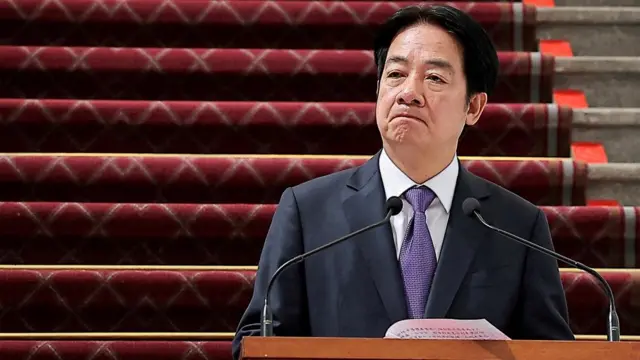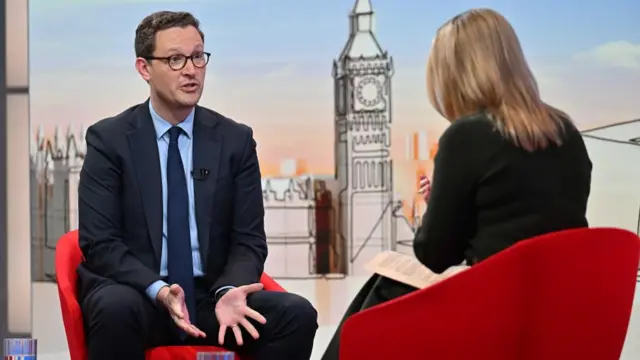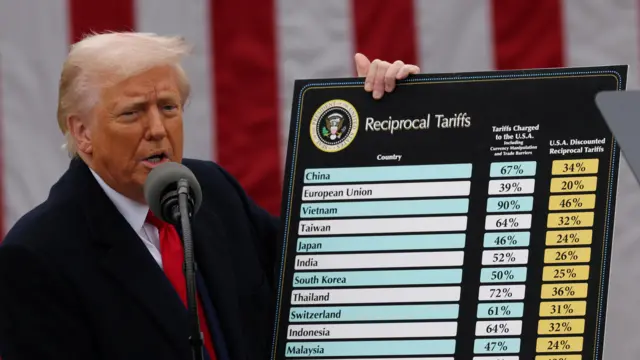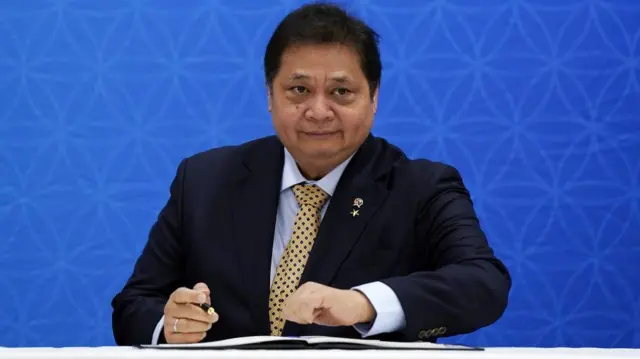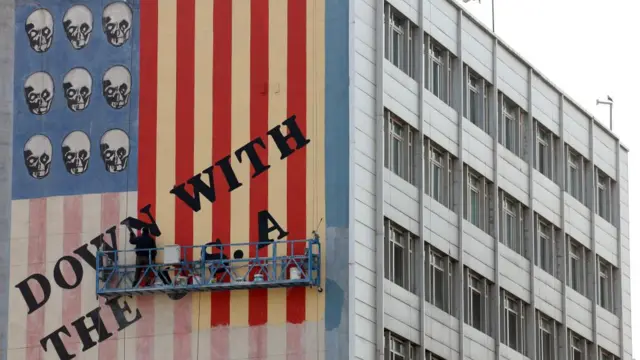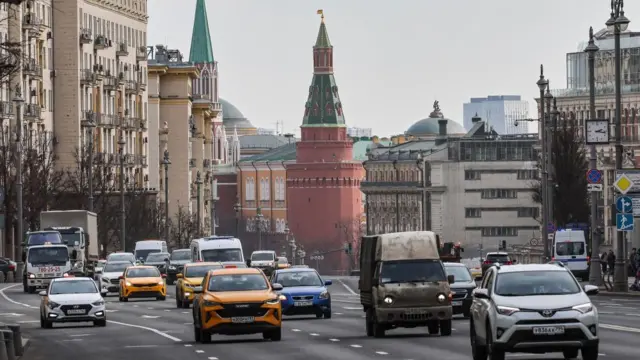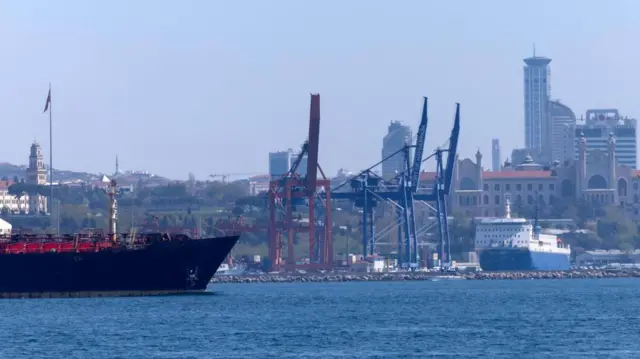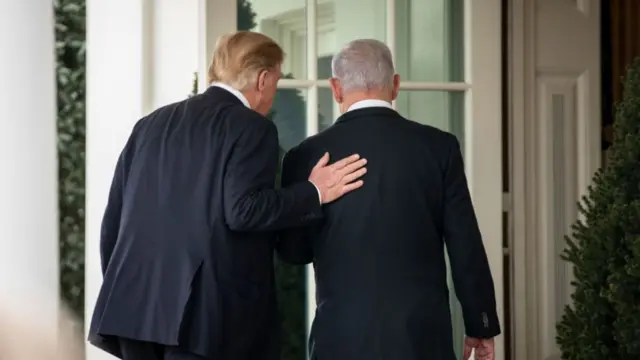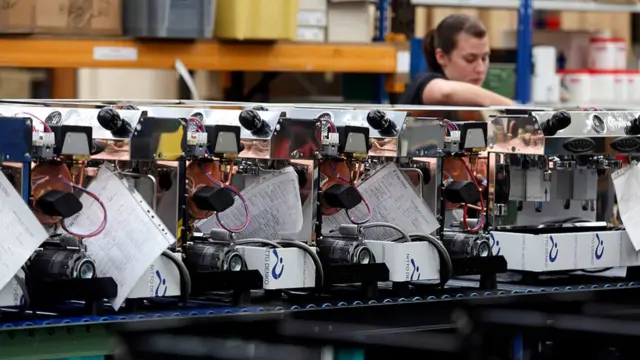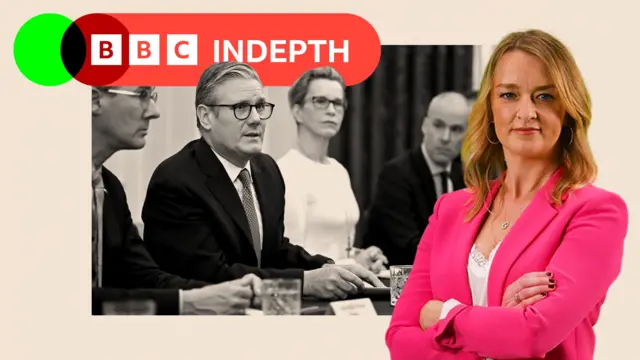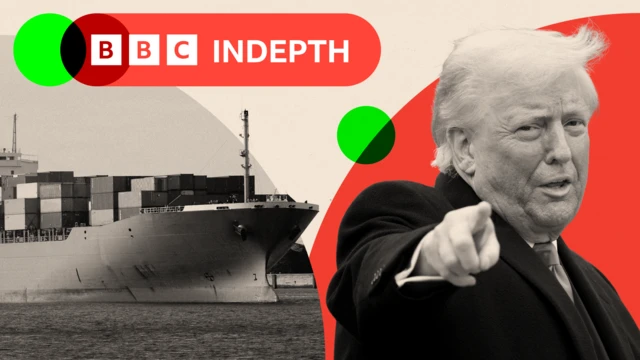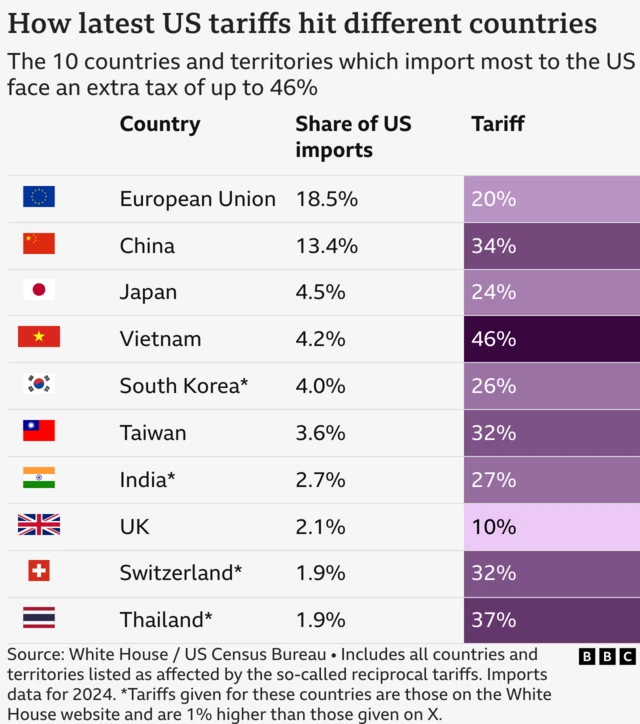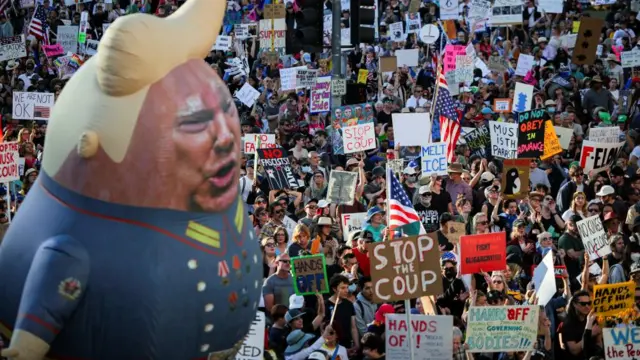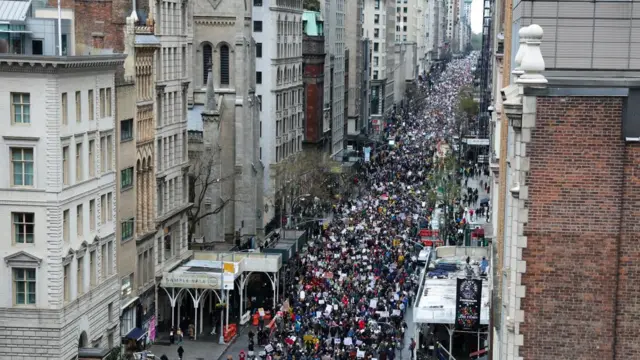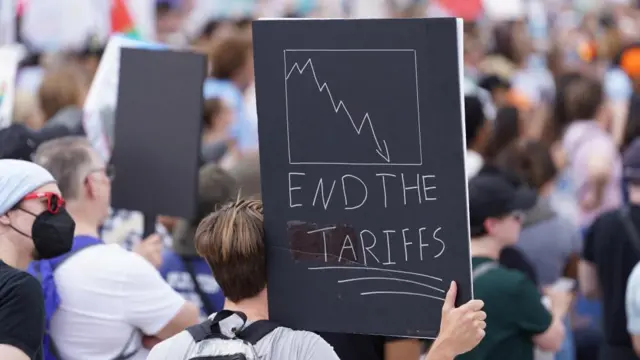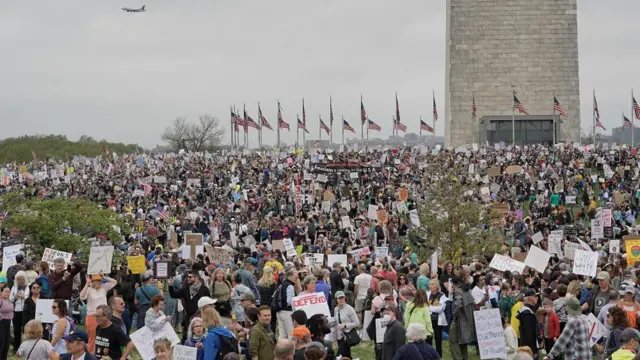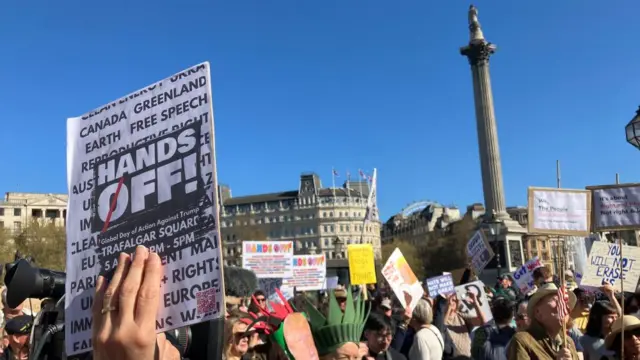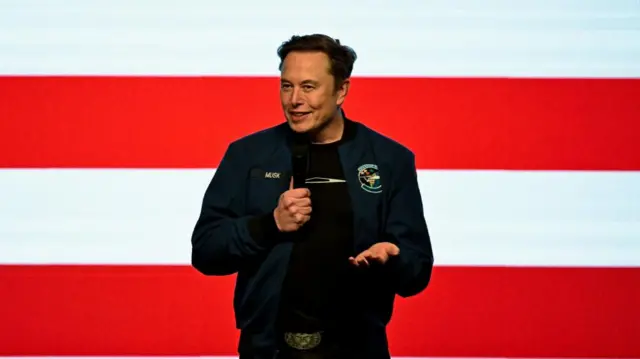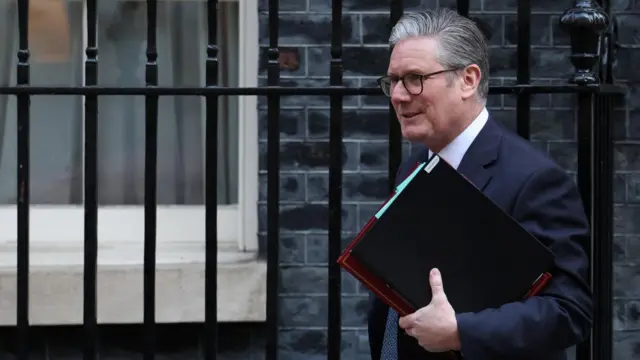To retaliate or to negotiate? That’s the question – a recappublished at 13:27 BST 6 April
It’s almost 08:30 now in Washington DC.
If you’re in the US and just waking up – or tuning in from anywhere else – here’s a look at the key lines from the day so far:
- World leaders are weighing how to respond to the tariffs announced by Donald Trump last week, which unsettled the markets
- So far, only a few countries like China and Canada have announced retaliation measures
- Others are trying to negotiate, with Taiwan and Indonesia saying they won't hit back, and Israel's Benjamin Netanyahu is heading to Washington for talks
- As a reminder, a 10% “baseline” tariff on most countries came into force on Saturday, though some countries are also facing additional levies on imports – we’ve crunched the numbers here
- UK Prime Minister Keir Starmer says he’s ready to use industrial policy to “shelter British business from the storm”
- Yesterday, protesters across the US – and around the world – took part in anti-Trump rallies, many voicing anger over the president’s new trade policies
We’ll keep bringing you live updates throughout the day – stay with us.
